LONDON, UK: The latest results of a promising feasibility study which demonstrated the effectiveness of mitigation methods used in dental practices during aerosol-generating procedures (AGPs) have given an insight into the current situation in the UK.
Scientists at National Physical Laboratory (NPL) have come to the conclusion that aerosol mitigation methods used in the dental surgery clinical environment are effective and that there is limited correlation between the aerosol peaks detected and the clinical treatments being conducted. As the national metrology institute for the UK, NPL’s measurement science expertise has been called upon by UK industry to independently assess the wide-ranging challenges that SARS-CoV-2 has presented.
National UK dental chain mydentist asked NPL scientists with expertise in air quality measurements to study AGPs and the associated real-time monitoring and measurement of aerosol particle concentration in a clinical space during actual patient treatments. A preliminary investigation at a mydentist surgery using an optical particle counter was conducted in order to assess the number of airborne particles present, their concentration and how they are affected by different AGPs. Current dental procedures and associated guidance are based on several assumptions linked to air quality in each clinical setting. One aim of this study was to gauge particle removal times in a real-world dental surgery where patients were being treated. This information is highly relevant for informing fallow times between AGPs.
The study identified several background aerosol peaks from other sources inside or outside of the dental surgery. All aerosol events were found to diminish to background level within 10 minutes, on average, and within 20 minutes at the upper time range, regardless of their source.
Jordan Tompkins, higher research scientist in NPL’s air quality and aerosol metrology group, stated: “This is a great first step to measure what is going on in real surgeries with real patients. I feel that NPL is well placed to bring a scientific rigour to these studies and to make sure that we have a solid base on which to build future policy.”
Dr Nyree Whitley, who is the mydentist group clinical director, added: “This study provides the most authoritative clinical evidence yet that the chain of safety measures across dental practices are highly effective and that aerosols settle within 10 minutes on average, and 20 minutes at most.”
NPL is now planning to conduct further studies using a wider range of optical particle counter instruments within multiple mydentist surgeries. These studies will further assess the impact of ventilation conditions, sampling position, mitigation and instrument types on aerosol generation, detection and behaviour. The results of these studies will provide practitioners with guidance about the suitable fallow period, personal protective equipment required and associated safe working practices across a variety of clinical environments.
From 8 June 2020, general dental practices and community dental services in England were permitted to resume face-to-face routine and urgent care for appropriate patient groups. From 26 March, there had been a period of pause on routine treatments during the height of the COVID-19 pandemic. SARS-CoV-2 has had a major impact on dentistry, and many reports have suggested that dental health may take years to return to its pre-lockdown state. This initial feasibility study provides some insight not only for the dentistry industry, which employs more than 40,000 practitioners in the UK, but also for the general public, who rely on this health service.
Tags:
LISBON, Portugal: Technological progress is not only helping the development of newer implant treatment techniques but also creating a need to update the ...
This article is Part 2 in our series on dental litigation in India. In Part 1, we examined the rising trend of dental litigations and the increasing legal ...
In today’s era of digital dentistry – simulations and digital treatment planning can significantly improve the level of communication between the ...
Dynamic navigation delivers superior accuracy and safety in maxillary implant placement. A recently published split-mouth study shows marked reduction in ...
SANGLI, India: When it comes to harmful ingredients, herbal oral care products, which usually do not contain artificial substances such as sweeteners, ...
Dental litigation is on the rise in India, placing growing legal and ethical demands on practitioners. This article explores the key factors driving this ...
KUALA LUMPUR, Malaysia: Investigating the plaque-inhibiting effect of a green tea and miswak mouthwash, researchers from the University of Malaya have found...
NEWCASTLE, UK: One of the main ways in which SARS-CoV-2 is communicated is through airborne respiratory droplets—droplets that can be dispersed as a ...
PISA, Italy: A newly published study from the University of Pisa has compared the efficacy of four different oral hygiene devices in reducing plaque and ...
Live webinar
Tue. 24 February 2026
11:30 pm IST (New Delhi)
Prof. Dr. Markus B. Hürzeler
Live webinar
Wed. 25 February 2026
1:30 am IST (New Delhi)
Prof. Dr. Marcel A. Wainwright DDS, PhD
Live webinar
Wed. 25 February 2026
9:30 pm IST (New Delhi)
Prof. Dr. Daniel Edelhoff
Live webinar
Wed. 25 February 2026
11:30 pm IST (New Delhi)
Live webinar
Thu. 26 February 2026
6:30 am IST (New Delhi)
Live webinar
Tue. 3 March 2026
9:30 pm IST (New Delhi)
Dr. Omar Lugo Cirujano Maxilofacial
Live webinar
Wed. 4 March 2026
6:30 am IST (New Delhi)
Dr. Vasiliki Maseli DDS, MS, EdM



 Austria / Österreich
Austria / Österreich
 Bosnia and Herzegovina / Босна и Херцеговина
Bosnia and Herzegovina / Босна и Херцеговина
 Bulgaria / България
Bulgaria / България
 Croatia / Hrvatska
Croatia / Hrvatska
 Czech Republic & Slovakia / Česká republika & Slovensko
Czech Republic & Slovakia / Česká republika & Slovensko
 France / France
France / France
 Germany / Deutschland
Germany / Deutschland
 Greece / ΕΛΛΑΔΑ
Greece / ΕΛΛΑΔΑ
 Hungary / Hungary
Hungary / Hungary
 Italy / Italia
Italy / Italia
 Netherlands / Nederland
Netherlands / Nederland
 Nordic / Nordic
Nordic / Nordic
 Poland / Polska
Poland / Polska
 Portugal / Portugal
Portugal / Portugal
 Romania & Moldova / România & Moldova
Romania & Moldova / România & Moldova
 Slovenia / Slovenija
Slovenia / Slovenija
 Serbia & Montenegro / Србија и Црна Гора
Serbia & Montenegro / Србија и Црна Гора
 Spain / España
Spain / España
 Switzerland / Schweiz
Switzerland / Schweiz
 Turkey / Türkiye
Turkey / Türkiye
 UK & Ireland / UK & Ireland
UK & Ireland / UK & Ireland
 International / International
International / International
 Brazil / Brasil
Brazil / Brasil
 Canada / Canada
Canada / Canada
 Latin America / Latinoamérica
Latin America / Latinoamérica
 USA / USA
USA / USA
 China / 中国
China / 中国
 Pakistan / Pākistān
Pakistan / Pākistān
 Vietnam / Việt Nam
Vietnam / Việt Nam
 ASEAN / ASEAN
ASEAN / ASEAN
 Israel / מְדִינַת יִשְׂרָאֵל
Israel / מְדִינַת יִשְׂרָאֵל
 Algeria, Morocco & Tunisia / الجزائر والمغرب وتونس
Algeria, Morocco & Tunisia / الجزائر والمغرب وتونس
 Middle East / Middle East
Middle East / Middle East
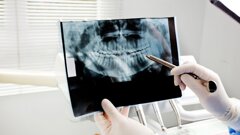
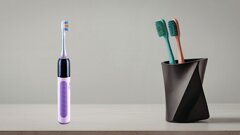

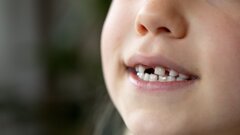
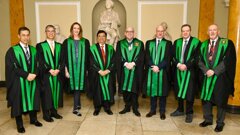






















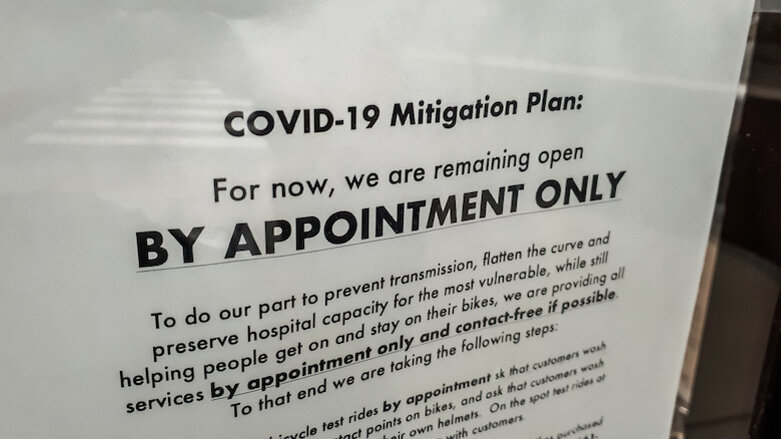



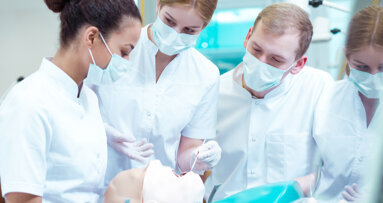



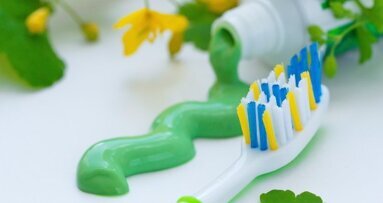



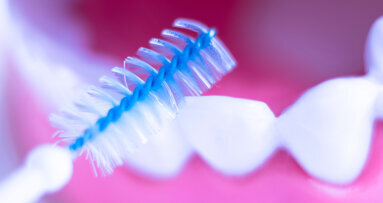
















To post a reply please login or register